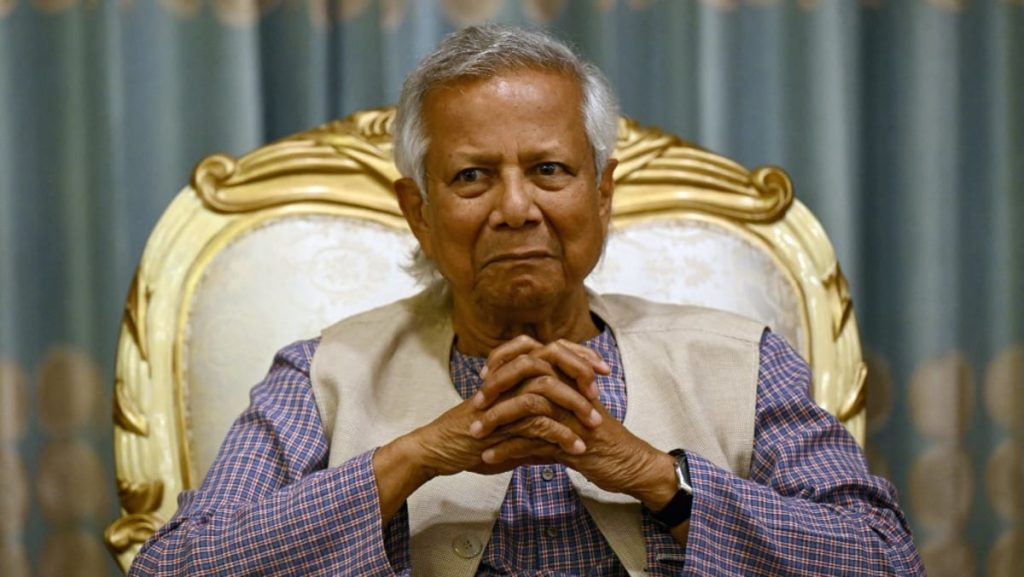Bangladesh’s interim leader, Muhammad Yunus, has emphasized the need for reforms before holding elections following the ouster of his autocratic predecessor, Sheikh Hasina. Yunus, a Nobel Peace Prize winner and microfinance pioneer, has been appointed as the country’s “chief advisor” to lead a temporary administration in the wake of the student-led uprising that removed Hasina from power in August. He has described the challenge of restoring democratic institutions as “extremely tough.”
Yunus has made it clear that his caretaker government is not aiming to stay in power for a prolonged period and is focused on implementing reforms to prevent a return to autocracy. He stressed the importance of overhauling the “completely broken down” system of public administration that he inherited, which had allowed for widespread human rights abuses and political oppression during Hasina’s 15-year rule. Yunus believes that holding elections without first enacting necessary reforms would be premature.
During Hasina’s time in power, Bangladesh witnessed a disturbing pattern of human rights abuses, including mass detentions, extrajudicial killings, and political repression. The United Nations estimated that more than 600 people were killed in the weeks leading up to Hasina’s ouster, although the actual figure is likely higher. Hasina’s government was also accused of politicizing state institutions such as the courts and civil service, as well as rigging elections to maintain its grip on power.
Yunus has called for comprehensive reforms to prevent a recurrence of the abuses and injustices that occurred under Hasina’s regime. He emphasized the need to strengthen democratic institutions, restore the rule of law, and ensure accountability for past crimes. Yunus’s administration is focused on creating a level playing field for all political parties, promoting transparency and fairness in the electoral process, and fostering a culture of good governance in Bangladesh.
Despite the challenges ahead, Yunus remains optimistic about the possibility of building a more inclusive and democratic Bangladesh. He believes that by enacting meaningful reforms and upholding the principles of justice and accountability, his government can lay the foundation for a more stable and prosperous future for the country. Yunus’s leadership and commitment to democratic values have been widely praised both domestically and internationally, offering hope for a brighter future for Bangladesh.













